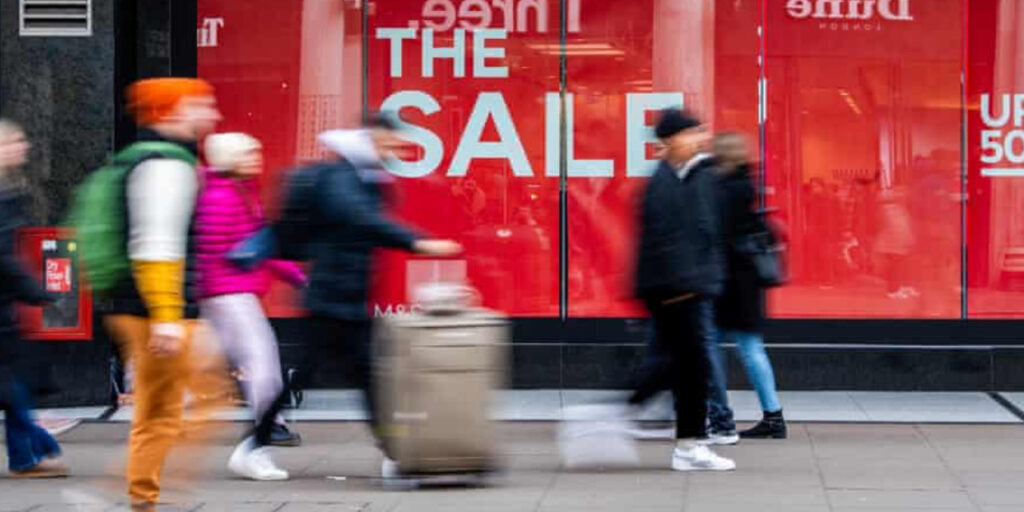Boxing Day spending in the UK is forecast to reach £3.7 billion this year, marking a modest 1.3% increase compared to 2023.
While beauty and technology bargains remain popular, analysts suggest the convenience of online shopping is continuing to shift consumer habits away from high street stores.
Many shoppers are expected to take advantage of digital discounts starting as early as midnight on Christmas Eve.
Online shopping surges during festive period
According to GlobalData research for VoucherCodes, over 11 million people were expected to shop online on Christmas Day, up 3.6% year-on-year. However, footfall in physical stores on Boxing Day is projected to decline, as online shopping gains traction and major retailers like John Lewis and Marks & Spencer remain closed to give staff a break.
Diane Wehrle from Rendle Intelligence and Insights highlighted a gradual decline in Boxing Day high street traffic over the years. Complex family schedules, transportation challenges, and the rising popularity of US-inspired shopping events like Black Friday and Cyber Monday have further contributed to the shift.
Beauty and tech lead sales trends for Boxing Day
Health and beauty items are expected to drive strong sales this year, bolstered by social media trends promoting premium skincare, cosmetics, and tech products like LED face masks. The return to office work and increased socialising have also supported the demand for beauty products. Technology items remain popular as shoppers seek deals on gadgets and electronics.
In contrast, spending on fashion is anticipated to drop due to heavy discounting caused by a mild autumn. Retail Economics CEO Richard Lim noted that many consumers have already completed their Christmas shopping during November’s Black Friday and Cyber Monday events, reducing the appetite for Boxing Day splurges.
Economic factors influencing consumer spending
With inflation easing and wage increases providing some relief from the cost of living crisis, festive spending is set to grow. Advisory firm PwC predicts that total Christmas shopping will reach £22.7 billion this year, a 5% rise compared to 2023, driven by premium food, clothing, and technology purchases.
However, analysts remain cautious about the latter half of next year. Rising employer national insurance contributions could fuel inflation, pushing retailers to pass on additional costs to consumers. Still, Mastercard predicts stronger consumer spending overall, driven by wage growth and reduced savings rates, as shoppers shift back to pricier brands and increase spending on travel, dining out, and electronics.


